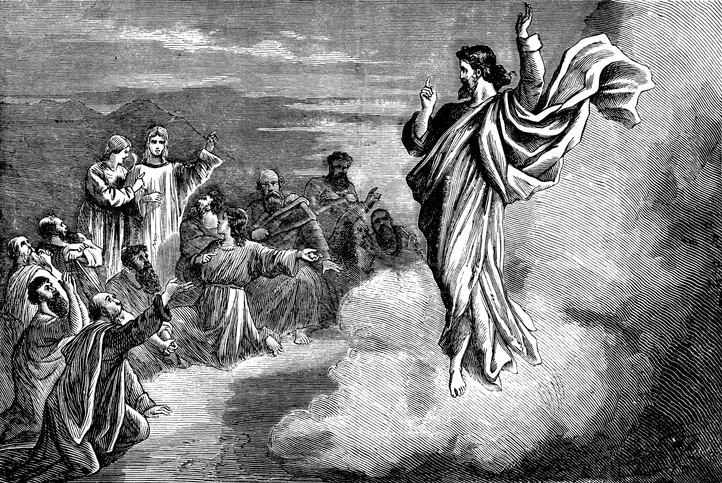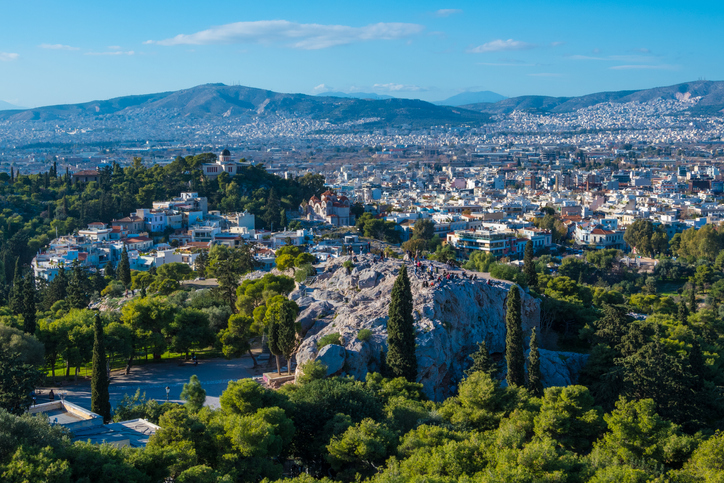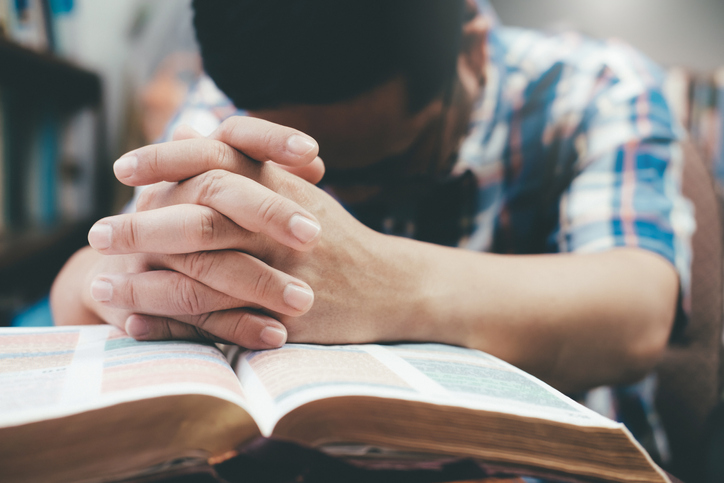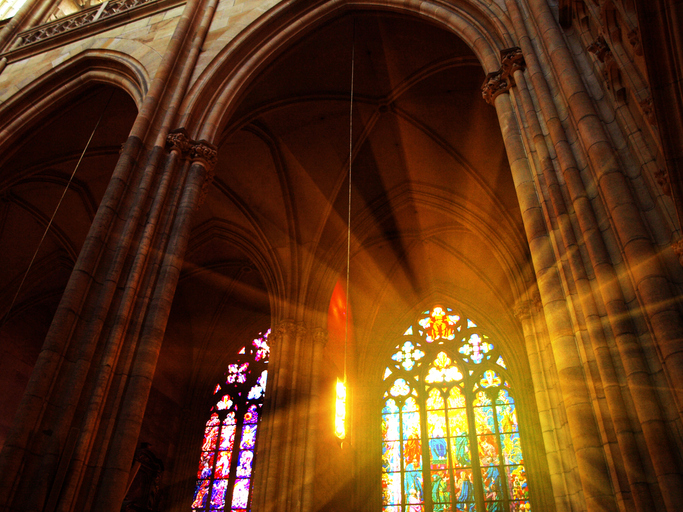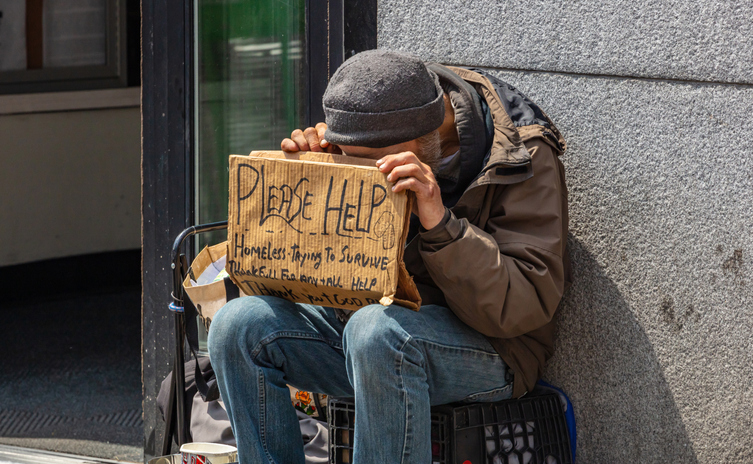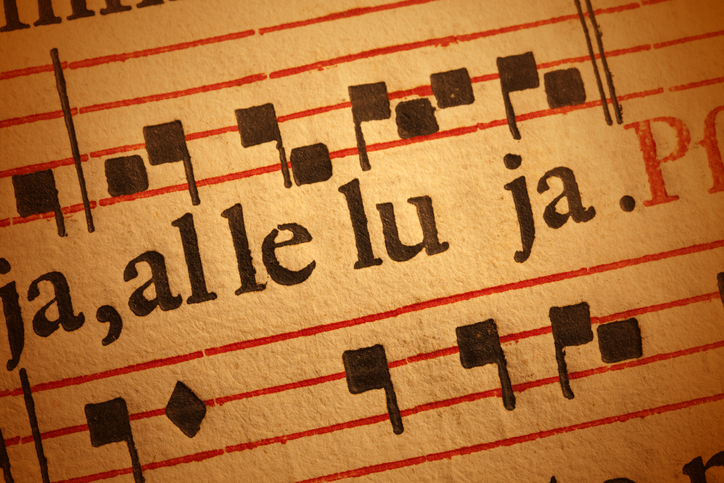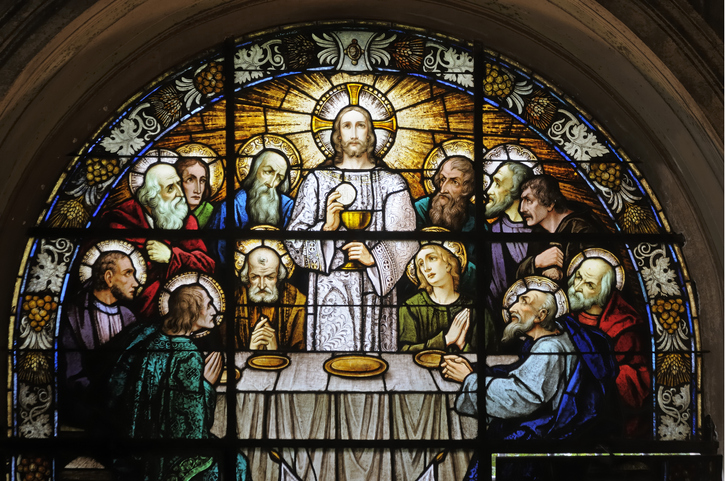“But I tell you the truth, it is better for you that I go. For if I do not go, the Advocate will not come to you. But if I go, I will send him to you” (John 16:7).
Jesus speaks these words to His disciples before He enters into His Passion. They do not understand it then, and they do not understand it now when He is about to ascend to the Father. How can it be a good thing for Jesus to leave? He only just rose from the dead. Forty days of precious moments were not enough for the Apostles. After all, He hasn’t even restored the Kingdom to Israel!
At this decisive moment, Jesus speaks His last words while walking the earth: “you will receive power when the Holy Spirit comes upon you, and you will be my witnesses in Jerusalem, throughout Judea and Samaria, and to the ends of the earth” (Acts 1:8-9). With that, He disappears into the clouds. Why has He left so soon? What does this mean?
It may seem that Christ has left His disciples in confusion, in the dark. He is gone, after all. But He is not simply leaving; He is going somewhere, to where He belongs, at the Father’s right hand. With His Ascension, Christ reigns triumphant and completes His mission on earth. He has trampled death and conquered sin, and now He ascends resurrected into heaven.
Going up with shouts of joy, He carries both His natures intact: divine and human. Taking His rightful place, He sends the promised Holy Spirit and charges the Apostles: continue my mission on earth. Receive the power promised to you. Be my witnesses. Restore the Kingdom. “Go, therefore, and make disciples of all nations, baptizing them in the name of the Father, and of the Son, and of the Holy Spirit, teaching them to observe all that I have commanded you. And behold, I am with you always, until the end of the age” (Matthew 28:19-20).
It may seem, especially in these times, that the Lord has abandoned us. Though many states are re-opening and public Masses are beginning to return, it is not the same as it once was. It can feel as if Jesus is distant. Even so, the Ascension reminds us of something important: the Lord intends to do something great with this situation. We may not be able to notice Him as easily, but He remains seated on His throne, triumphant and guarding His Church until the end of time. He has sent His Spirit to empower us and strengthen us.
We do not need to understand everything that is happening to experience this grace. We need only to trust in the promise of Christ. King triumphant, He has raised our human nature to divine heights, all the while giving us the grace to experience this magnificence here and now. In our Baptism, we received the Holy Spirit, and in Confirmation, we were sealed with His gifts. These gifts are always available to us, even though we may have forgotten them.
We know that something great awaits us. Christ gives us the Comforter in this life, and at the same time, He shows us what we will become in the next. In our struggles on this earth, we are given grace and peace to weather storms. But in the end, we can look forward to something even better. Christ has left the earth, but He is alive and reigning in the heavens. When all has been accomplished, He will come again to take us with Him, and then all will be as it should be.
“Men of Galilee, why are you standing there looking at the sky? This Jesus who has been taken up from you into heaven will return in the same way as you have seen him going into heaven” (Acts 1:11).

David is the Associate Director of Liturgy for a group of parishes in Pittsburgh, Pennsylvania. When he is not spending time with his wife and infant daughter, he is writing on philosophy and theology for various online publications. You can find some of these in Crisis Magazine and the Imaginative Conservative, and you can contact him at ddashiellwork@gmail.com.
